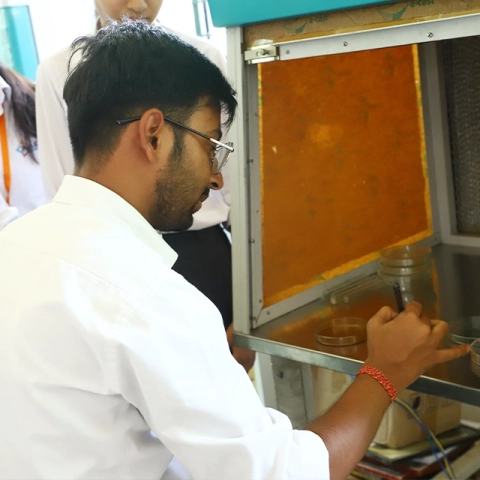Electrical Engineering, a vital discipline, centers around the practical applications of electricity, electromagnetism, and electronics, making it fundamental to modern life and various industries. Due to its pervasive nature, diploma programs in electrical engineering are designed to cover a wide array of essential topics. At AISECT University, the Electrical Engineering department offers specialized instruction in crucial areas for diploma students, including power systems, power electronics & drives, and control & automation. The diploma curriculum emphasizes the practical skills and knowledge needed for current industry demands, focusing on applications such as power quality studies, distributed generation, inverter design, and control strategies relevant to industrial systems. To foster hands-on learning and interdisciplinary skills, the department also participates in a center of excellence in industrial electronics & robotics, collaborating with Mechanical Engineering and Electronics & Communication Engineering departments. Furthermore, electrical engineering education for a diploma heavily utilizes simulation software and testing environments, allowing students to gain experience with real-world conditions in a controlled setting.
Duration of programme
Level of Study

Fundamental concepts of electrical circuits, machines, and power systems.
Power electronics, industrial automation, and control systems crucial for modern industries.
Explore practical aspects of electrical measurements, testing, and safety regulations.
Gain knowledge in basic electronics, communication systems, and their applications in electrical engineering.
10th Pass out
ITI/12th Pass out (LE)